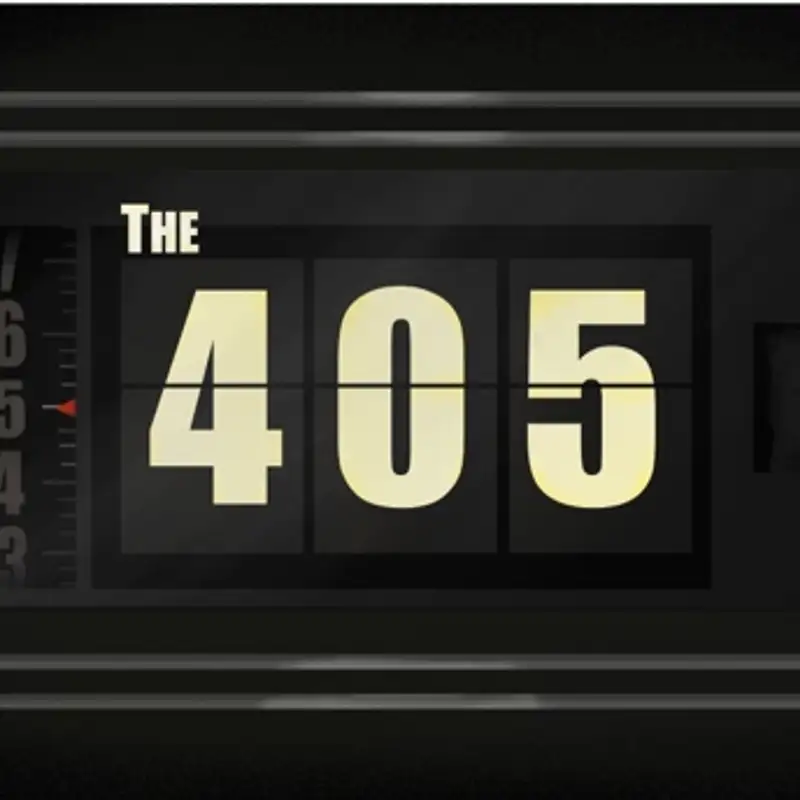
Aired May 27th, 2025
I want again. Welcome into the 04:05 coffee break. Get you a cup of coffee, glass of iced tea, get a bottle of water, and let's see what's happening. Now I have to tell you, I found a story online. I like it.
OK Solberg:I didn't write it. I did not write it, but I felt that it was perfect to share with you. Let's hear a bible verse and then the story I found. Here's the verse from Deuteronomy eleven ten. The land you are entering to take is not like the land of Egypt from which you have come where you planted seed and irrigated it by foot as in a vegetable garden.
OK Solberg:Now I chose that verse because it fits with this story about homesteading grandparents. Listen up, gather around, sit by the fire, pull up a chair. I look back now sitting in the old rocking chair on the porch of the house I grew up in, and I can't help but think of the stories they used to tell me. Stories of a time when the world was so different. My grandparents, the ones who homesteaded this land were tough in ways I'll never truly understand.
OK Solberg:They came here on the railroad, a narrow track cutting through the wilderness like a lifeline to a new world. The train was the road to the future, a line that carried dreams of better days and hopes for something more than what they left behind. My grandma would tell me how the sound of that whistle loud and deep was the sound of promise, the sound of progress. I can only imagine the dust and the hard work. The earth was stubborn, unyielding, crops didn't always grow the way they were supposed to.
OK Solberg:Every season felt like a gamble, but somehow they made it work. Raising crops was always a fight, and yet they kept at it. They had their hands in the soil, their backs bent against the wind, their faces streaked with the sweat and grime of the land, but they were more than farmers, they they were survivors. They had that milk cow which was worth its weight in gold, and the chickens that gave them eggs and meat when there wasn't much else to eat. The garden, oh, that garden was a source of pride.
OK Solberg:They'd toil over it nurturing every seed, watching it grow through the changing seasons. It wasn't easy, it was hard, but my grandparents never gave up. They made sure we never went without. And, oh, they had horses, not just for work, but as a means of getting things done. Hauling, traveling, even saving them in case they needed to trade for something they couldn't grow or raise themselves.
OK Solberg:Horses, horses were like black gold then. If you had a good one, you had something of value that couldn't be matched. I admire them so much now. I can't begin to fathom the strength it took for them to stick it out, to build a life from nothing but determination and grit. I hear their stories, how they would look out at the horizon barely a sign of life and think we're gonna make this work, and somehow they did.
OK Solberg:Without them, without their courage to take that leap, to stake everything on this land, I wouldn't be here today. A hundred years later, I stand here because they were willing to risk it all, to hold tight to the dream that this land could be home, that it could provide for them, for us. And as I sit here on this porch with the wind brushing through the trees, and the scent of the earth in the air, I realize how much that legacy means. I am their story and they are mine. What they built with their hands, their sweat, and their perseverance is the foundation of everything I have today.
OK Solberg:So when I look at this land, I don't just see crops or cattle or houses we live in, I see strength, I see love, and I see a whole history that stretches back before me reminding me that it wasn't always easy, but it was worth it. If it wasn't for them, I wouldn't be here a hundred years later, and I still carry their story with me. End of story. I did not write it, wish I had, but it really hit home. So until next time, as you go out there, remember now, don't be bitter.